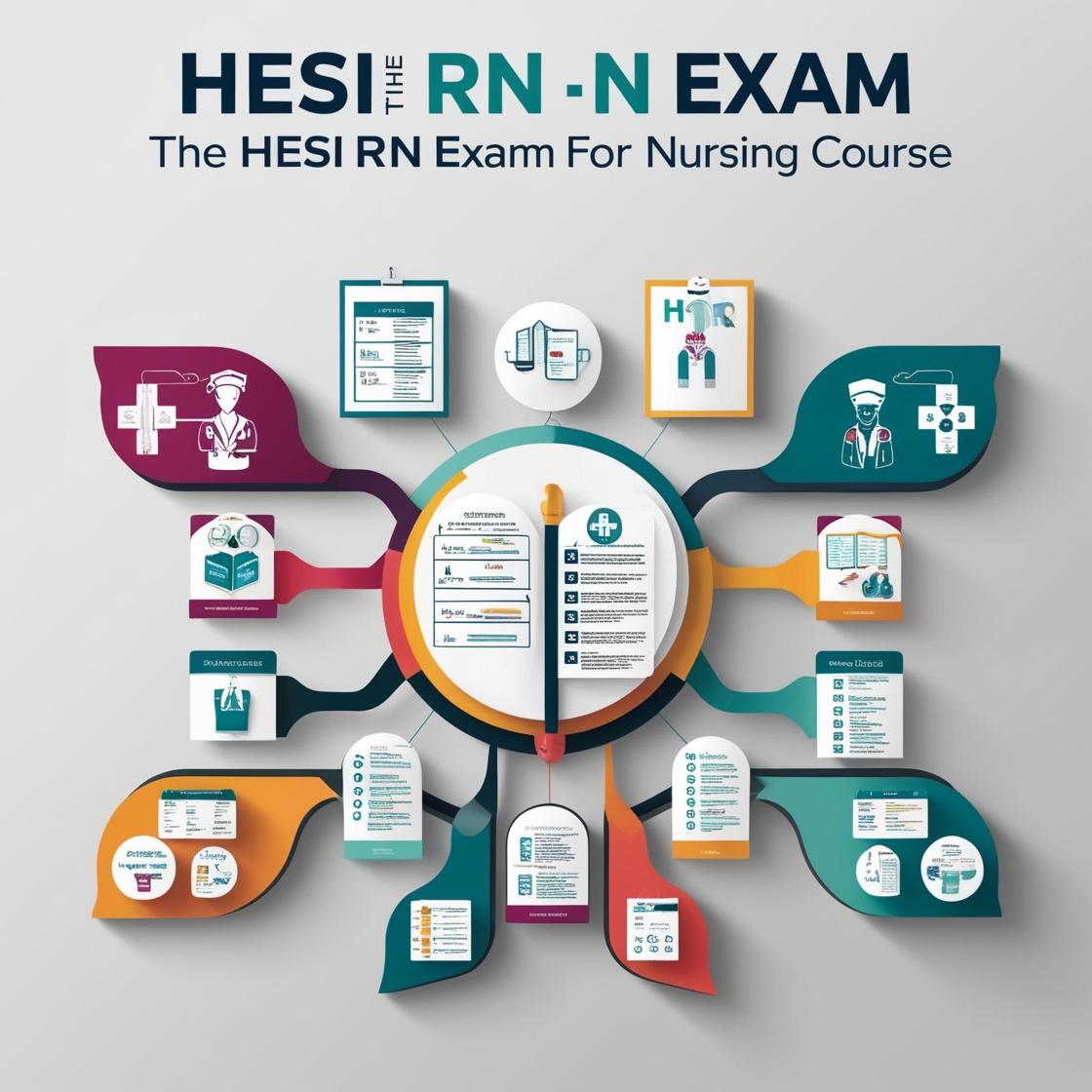HESI RN
Community Health HESI 2023
1. The client is receiving warfarin (Coumadin) therapy. Which statement by the client indicates a need for further teaching?
- A. I will avoid eating foods high in vitamin K.
- B. I will use a soft toothbrush and an electric razor.
- C. I will keep all appointments for blood tests.
- D. I will avoid participating in contact sports.
Correct answer: D
Rationale: The correct answer is D because participating in contact sports can increase the risk of injury and bleeding in a client receiving warfarin therapy. Warfarin is a blood thinner, and activities with a higher risk of injury should be avoided to prevent bleeding complications. Choices A, B, and C are all correct statements for a client on warfarin therapy. Avoiding foods high in vitamin K helps maintain consistent anticoagulation levels, using a soft toothbrush and an electric razor reduces the risk of bleeding gums and cuts, and keeping appointments for blood tests ensures proper monitoring of the client's international normalized ratio (INR) levels.
2. During a community health fair, the nurse conducts a blood pressure screening for a 60-year-old woman who has a blood pressure of 160/100 mm Hg. What should the nurse do first?
- A. Instruct the client to monitor her blood pressure at home
- B. Refer the client to her healthcare provider for further evaluation
- C. Educate the client on lifestyle changes to reduce blood pressure
- D. Recheck the blood pressure in 15 minutes
Correct answer: B
Rationale: When encountering a high blood pressure reading at a community health fair, it is essential for the nurse to refer the client to her healthcare provider for further evaluation. This step ensures that the client receives a comprehensive assessment, diagnosis, and appropriate management plan. In this scenario, it is crucial to prioritize professional evaluation over self-monitoring, lifestyle education, or immediate rechecking of the blood pressure. Referral to a healthcare provider allows for timely intervention and ongoing monitoring of the client's blood pressure to prevent potential complications.
3. A client is suspected of being poisoned and presents with symmetric, descending flaccid paralysis, blurred vision, double vision, and dry mouth. The nurse should consider these findings consistent with which potential bioterrorism agent?
- A. ricin
- B. botulism toxin
- C. sulfur mustard
- D. yersinia pestis
Correct answer: B
Rationale: The correct answer is B: botulism toxin. The symptoms described, including symmetric, descending flaccid paralysis, blurred vision, double vision, and dry mouth, are classic manifestations of botulism, which is caused by a toxin produced by Clostridium botulinum. This toxin affects the nervous system, leading to muscle weakness and paralysis. Choice A, ricin, typically presents with gastrointestinal symptoms and organ failure. Choice C, sulfur mustard, causes blistering skin and respiratory issues. Choice D, yersinia pestis, is associated with the plague and presents with fever, chills, weakness, and swollen lymph nodes.
4. A female client with a history of chronic obstructive pulmonary disease (COPD) is being treated at home and is currently receiving oxygen at 2 liters via nasal cannula. The spouse, who is the caregiver, reports that the client requires assistance when ambulating short distances, including going to the bathroom. Which suggestion should the health care nurse provide to the caregiver?
- A. disconnect oxygen when ambulating to the bathroom
- B. administer a breathing treatment prior to ambulation
- C. suggest obtaining a bedside commode for toileting
- D. ask for additional assistance to reduce the risk of falls
Correct answer: C
Rationale: For a client with COPD requiring assistance for short-distance ambulation, suggesting a bedside commode for toileting is the most appropriate intervention. This recommendation helps reduce the need for the client to walk long distances, thereby minimizing the risk of exertion and potential falls. Disconnecting oxygen during ambulation (Choice A) is not safe for a client with COPD, as oxygen therapy should be continuous. Administering a breathing treatment before ambulation (Choice B) may not directly address the client's need for assistance with toileting. Asking for additional assistance (Choice D) can be beneficial but providing a bedside commode specifically addresses the current issue of ambulating short distances for toileting.
5. A client with a head injury is admitted to the hospital. Which finding indicates a need for immediate intervention?
- A. Glasgow Coma Scale (GCS) score of 15.
- B. Pupils are equal and reactive to light.
- C. Client is drowsy but arousable.
- D. Client does not remember the events leading to the injury.
Correct answer: C
Rationale: In a client with a head injury, being drowsy but still arousable can be a sign of increased intracranial pressure, which necessitates immediate intervention. This presentation may indicate a deterioration in neurological status, requiring prompt assessment and management to prevent further complications. Choices A, B, and D are not indicative of an immediate need for intervention in this scenario. A Glasgow Coma Scale (GCS) score of 15 indicates the highest level of consciousness; pupils being equal and reactive to light suggest intact cranial nerve function, and memory loss about the injury event is common in head injuries and does not necessarily warrant immediate intervention.
Similar Questions

Access More Features
HESI RN Basic
$69.99/ 30 days
- 50,000 Questions with answers
- All HESI courses Coverage
- 30 days access @ $69.99
HESI RN Premium
$149.99/ 90 days
- 50,000 Questions with answers
- All HESI courses Coverage
- 30 days access @ $149.99
